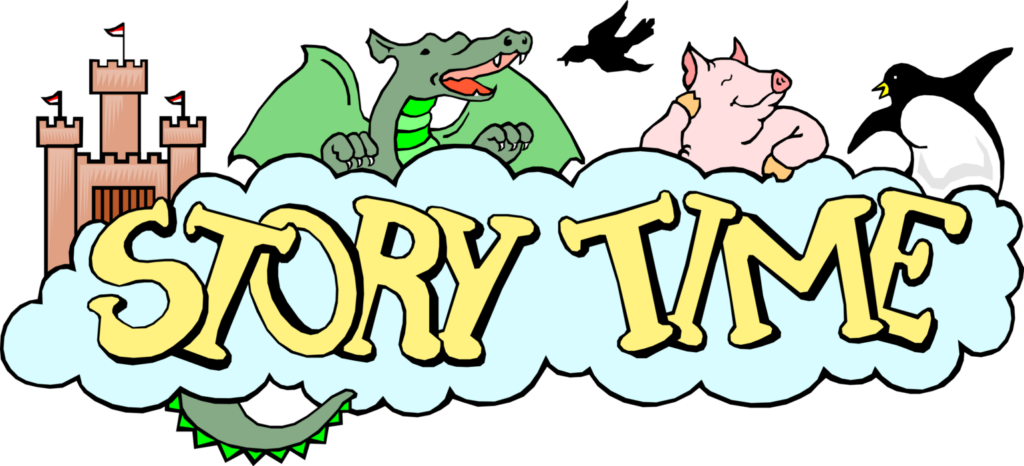Planning a book? Start with stories.

Thesis: people remember and believe stories. You want people to remember and believe what you have to say.
So, before you do anything else, collect stories. Stories that are relevant for what you want to be known as an expert on (research stories, marketing stories, management stories, legal stories, science stories, medical stories, political stories, whatever).
What kind of stories?
- Stories from your work.
- Stories from your colleagues.
- Stories from your personal life.
- Stories you heard from somebody else.
- Stories you read in another book.
- Stories you read online.
Some stories will be right on point (“Here’s how Melanie did content marketing.”) Others will be connected only in your mind (“What happened to Gwyneth Paltrow is sort of like what I think about management.”) And sometimes the stories are just stories you thought were interesting.
Ideas are less valuable than stories
Anybody can have an idea. Without a story to back it up, it’s just another one of the thousands of ideas that float past your eyeballs every week.
But stories — well, if you have a story to make your point, people will believe you. Stories fuel ideas, much more than ideas generate stories.
It’s better to have original or little known stories than hackneyed oft-told ones. (If it’s about Wayne Gretzky, don’t bother.) It’s better to do your own firsthand research (call them up and ask for an interview about what happened). It’s better to talk about other people succeeded than your own success.
But even an old story is better than no story.
Now make a book out of them
Once you have a whole bunch of stories — maybe 40 or so — organize them according to the ideas you learned from them. Some stories will related to multiple ideas.
If you can organize the stories into ideas, you have the plan for a book.
If you have ideas but no stories, you have the plan for a philosophy lecture that will put people to sleep. A bunch of stories is better.
And one more thing.
Learn to tell the stories quickly and well. Learn to do the quickie character sketch. Learn how to include just the elements that will set up the punch line. Learn how to entertain and fascinate. And learn how to turn the story’s ending into a moral that will stick with people.
Not all great writers are actually great writers. But they are all great storytellers.
It never occurred to me to start with a bunch of stories and then group them into buckets. As usual, you’ve given me something to ponder for future titles.
Why is what happened to Gwenyth Paltrow like management?
Great approach. (From the real Melanie who does content marketing)